"President pretending to be poor" worked as a shipper for 7 years, receiving the title "5-star delivery staff"

3 | 1 Discuss | Share
Near Lugu Lake, Yunnan Province, China, there is a people named Mosuo. They are a small ethnic group, with a population of only about 50,000 people, living according to a matrilineal system, distinguished by a number of unique customs and habits.
The Mosuo are an ancient Buddhist tribe in Yunnan province, a valley in southwest China, near the eastern foothills of the Himalayas. The Mosuo are the only remaining matrilineal people in China, currently numbering about 15,000 people.
At Mosuo, women are the ones who decide on important issues, they control family finances and are the legal owners of land and housing as well as have full rights to raise and educate children. In every large family there is usually a "female general" who commands everyone. When this woman wants to "pass the throne" to someone else in the house, they will give the girl the key to the warehouse - where food and necessities are stored, as well as notify everyone about the "transfer". "delegation of power".
Usually women here are not married, and they can invite any man they like to stay the night. The next morning, the two went their separate ways and their lives during the day and night were completely different. All communications are kept private and are not mentioned in public. If the girl is married, she will hang a pair of shoes or a man's hat outside the window as if to notify everyone.
When girls reach adulthood (usually 13) they will have a private room at home. This is a place where girls can comfortably flirt and date the guy they like. When a child is born, they will be raised by the entire maternal family, the father will not have to support his children, nor will he need to take care of them or live with them. The uncles on the mother's side will be responsible for teaching the child on behalf of the father.
The Mosuo population is about 50,000 and has its own indigenous language, but no writing. The Mosuo are a branch of the Naxi (Naxi) ethnic group. Mosuo women are the breadwinners of the family, not only staying at home to take care of the children but also having to go out to work, plow fields, and spin yarn to earn money to support the family.
The Mosuo people on the shores of Lugu Lake live very openly, this is partly influenced by the custom of secret marriage. Child marriage is an important part of matriarchal society. During the day, young men and women mainly live together in groups, expressing their hearts to their lovers through dancing and singing. Once they have an emotional basis, they will get married.
A man can only sneak into a woman's room after nightfall and leave before dawn. The type of marriage these days only depends on emotions, and has nothing to do with any other conditions such as economics or marital status...
In 1963, Mosuo woman Jiaama agreed to help Chinese cultural researchers learn about the practice of "passage marriage". She said that she is the youngest daughter in a family of 10 siblings, and was "raised like an egg, held like a flower" since childhood.
"Every time I encounter something heavy or dirty, my mother orders my brothers to do it for me," Jiaama said. "When I was 14 years old, my mother assigned me a private room, ready for tisese."
At first, Jiaama was very worried, but everything went very smoothly. She had a second "passerby husband" and became pregnant. After giving birth to her first child, Jiaama had three sexual partners at the same time. One of them is Liangzhe Bubu, a strong, handsome young man.
Bubu wants to have a serious relationship with Jiaama. During the time of "dating without marriage", he continuously gave gifts to her and her family. Jiaama dated Bubu for 2 years and then gave birth to her second child. Anyone who looks at it can see that the child looks exactly like Bubu. Seizing this opportunity, Bubu proposed marriage, hoping to have a zhi-chi-ha-dzi relationship with Jiaama. As long as she nodded, he immediately moved into his in-laws' house, promising to take care of the children and her for life.
"I have 9 older brothers," Jiaama answered bluntly. "What does your family need another man for?". Jiaama's "excuse" made Bubu humiliated and angry. "After that day, he came less and less," Jiaama continued. However, to her, this is not a big deal.
Mosuo women do not live alone, but are always under the protection of their mother and siblings. Therefore, they never have difficulty raising children. Mosuo law also stipulates that children belong to the mother. Mosuo men do not have any rights over the child.
Although Mosuo men are not responsible for their "other half", they are obliged to take care of their mother and sisters. Their position in the house is not big, but it is especially important. The Mosuo people also do not "respect women and despise men", so Mosuo men still have a social role. They also have the right and responsibility to raise their children and grandchildren to be good people.
However, there have been changes since Chinese tourists flooded into Mosuo villages in the 1990s. They built roads, airports, built hotels, created jobs for Mosuo people, and destroyed the traditional way of life of the Mosuo people. The tribe gradually became lost among the young people. Girls began to marry outsiders and live with their husbands and sons, instead of just staying at their mother's house as before.
"Thanks to tourism, the Mosuo people's thinking has become more open, but the girls always know that their grandmother and mother's hands are protecting them every time they return to their homeland," Waihong said.
A series of rare color photos from the late Qing Dynasty: Revealing the beauty of palace maids, a big surprise 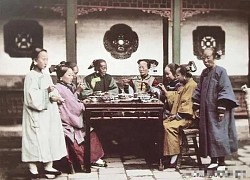 Thiên Di17:20:32 27/12/2023Rare photos reveal many interesting stories about the Qing Dynasty. With very realistic colors and images, the set of photos captures all types of people and different professions in the late Qing Dynasty.
Thiên Di17:20:32 27/12/2023Rare photos reveal many interesting stories about the Qing Dynasty. With very realistic colors and images, the set of photos captures all types of people and different professions in the late Qing Dynasty.

3 | 1 Discuss | Share

2 | 1 Discuss | Share

4 | 1 Discuss | Share

0 | 1 Discuss | Share
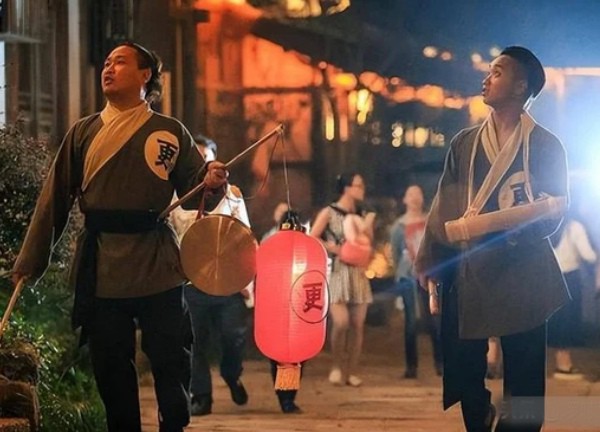
3 | 1 Discuss | Share

4 | 1 Discuss | Share
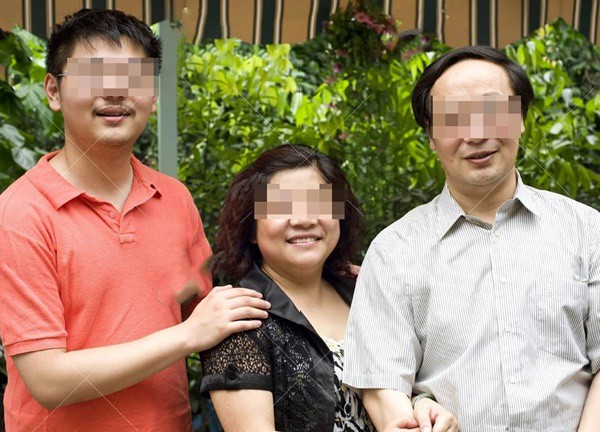
2 | 1 Discuss | Share

2 | 1 Discuss | Share
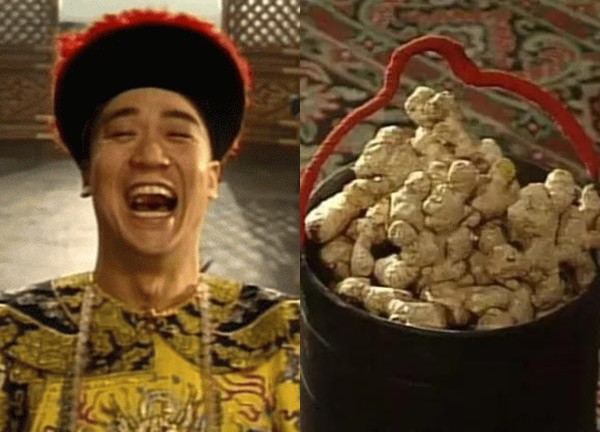
3 | 1 Discuss | Share

2 | 0 Discuss | Share

2 | 1 Discuss | Share
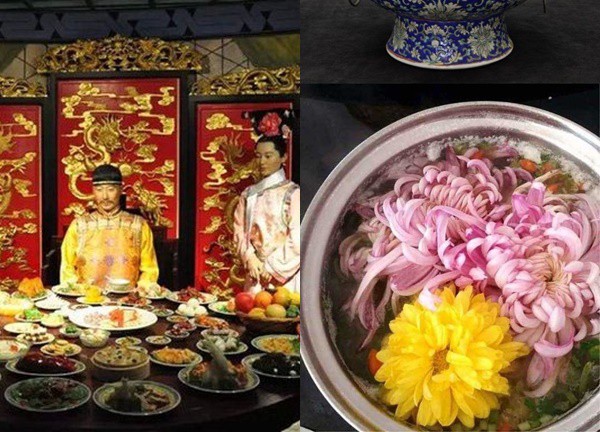
3 | 0 Discuss | Share










2 | 1 Discuss | Report